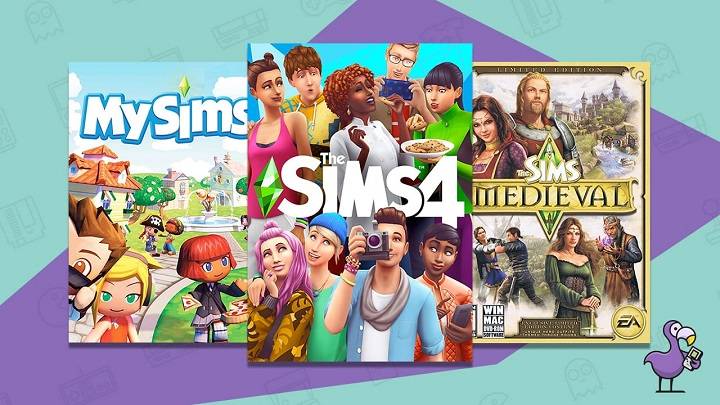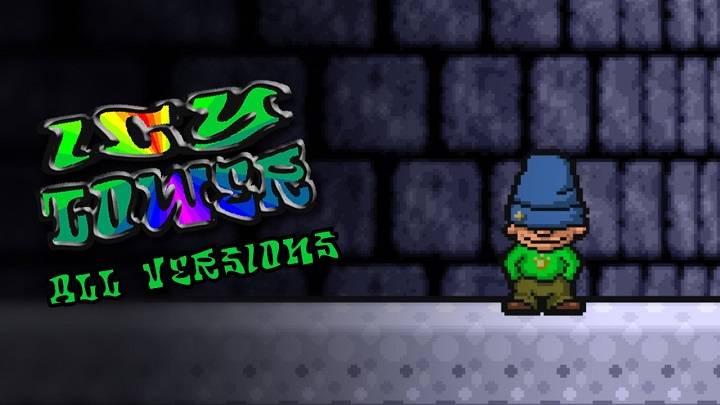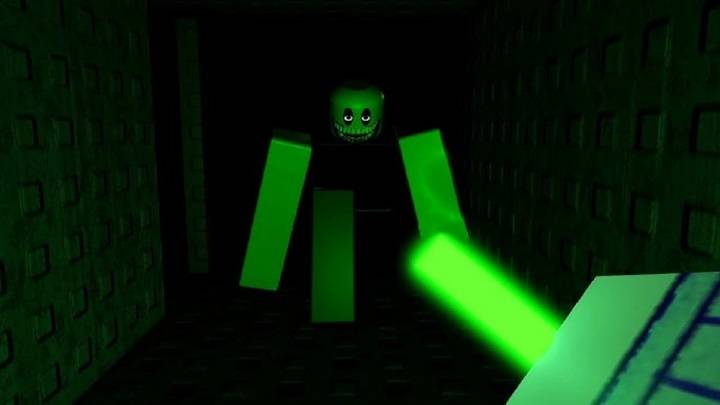Best Sims Game: The Virtual Life Series That Let Us Play God, Fall in Love, and Burn the Kitchen Down

It all begins with a plumbob.
You click “Create a Sim.”
Hours later, you’ve designed the perfect digital version of yourself, your crush, your enemy, and a suspiciously rich vampire.
You build a house, fall in love, get promoted, die in a freak pool ladder incident, and do it all again.
Welcome to The Sims, the life simulation dynasty that loved, raised, and bred the ordinary, and made it the most addicted-to sandbox ever.
From filthy romances to towering skyscrapers, from infant babysitting to alien abduction, The Sims series has owned, and perfected, the simulation genre since 2000.
But amidst all the releases, which one is the best of them?
Is it the classic Sims that did it? The expansion-pack-graced brilliance of Sims 2? The freedom of Sims 3? Or the fancy-pants innovative genius of Sims 4 with mods?
This isn’t a list. It’s an odyssey of nostalgia, creativity, emotional intrigue, and wacky fun.
Let’s look at each of the major releases. Also on its own spin, expansions, and legacy. And, at last, decide which Sims game deserves the crown.
Let’s plumbob and roll.
What Is The Sims Series?

The Sims is a series of computer games. Which mimics real-life life. It was created by Will Wright. It was developed by Maxis. He is a subsidiary of Electronic Arts.
You design virtual individuals (Sims), construct homes, have relationships, find careers, become pregnant, and decide everything for their lives, sometimes with love, sometimes totally out of control.
The series includes four core installments:
- The Sims (2000)
- The Sims 2 (2004)
- The Sims 3 (2009)
- The Sims 4 (2014)
They each advance from the previous one, adding new things, graphics, and ways of guiding your Sims’ lives.
The Sims has sold in excess of 200 million copies over more than two decades and is now the biggest-selling PC game franchise of all time.
But every game has a different personality.
Let’s look at them closely.
The Sims 1 (2000–2003)
Released: February 2000
Developer: Maxis
Base Game Features:
- Create-a-Sim with limited clothes, traits, and facial forms
- Grid-based house building
- Needs: Hunger, Energy, Social, Hygiene, etc.
- No aging, children never grew up
- No storylines, you made your own soap opera
Add-ons:
- Livin’ Large
- House Party
- Hot Date
- Vacation
- Unleashed
- Superstar
- Makin’ Magic
Why It’s Special: The first Sims constructed a whole new genre. You weren’t shooting, racing, or conquering. You were swimming lives, messing with emotions, career paths, furniture placement, and showering.
And somehow… It was pure brilliance.
Who did not waste an entire day building fantasy houses with cheat codes rosebud and !;!;!;!?
Who did not lock their Sim into a pool and take away the ladder just to find out what would be the result?
Strengths:
- Authentic, unapologetic gameplay
- Decent expansions
- Slapstick and spookiness
- Songs you hum 20 years later
Weaknesses:
- No gen or aging gameplay
- Limited character modeling
- No story tools
Legacy:
- It began an entire genre, and millions of late nights for curious gamers.
- Rating: 8/10 – Nostalgic perfection. But tainted by technology.
The Sims 2 (2004–2008)
Release: September 2004
Developer: Maxis
Base Game Features:
- 3D engine
- Life stages: Baby, Toddler, Child, Teen, Adult, Elder
- Genetics system
- Wants & Fears system
- Memory system: Sims recalled important life events
- Aspiration meter that influenced happiness and aging
Expansions:
- University
- Nightlife
- Open for Business
- Pets
- Seasons
- Bon Voyage
- FreeTime
- Apartment Life
Why It’s Special: Sims 2 wasn’t a sequel, it was a revolution.
It had aged, so Sims aged, had kids and died, leaving legacies. Families were no longer frozen in cryogenic preservation, they grew up.
Add wedding and first kiss cutscenes, and you had a living breathing game.
Strengths:
- Depthful life simulation
- Genetics were realistic and fun
- Aspiration system made individualistic Sims
- Cutscenes added emotion and storytelling
- Perfect balance of challenge and imagination
Weaknesses:
- Fewer build tools than Sims 4
- Some expansion packs felt disconnected
- No open world
Legacy:
- Most fans still hold Sims 2 as the superior of the bunch. It’s the perfect balance of sandbox, storytelling, and emotional gameplay.
- Rating: 9.5/10 – A virtually faultless simulation of life and legacy.
The Sims 3 (2009–2014): The Ambitious Overachiever

Release: June 2009
Developer: EA Redwood Shores
Base Game Features:
- Open world with no loading screens
- Custom stle tool (Create-a-Style)
- Traits system (rather than aspiration meters)
- Lifetime aspirations
- Editable neighborhoods
- Gathering hobbies: fishing, gardening, inventing, etc.
Expansions:
- World Adventures
- Ambitions
- Late Night
- Generations
- Pets
- Seasons
- Supernatural
- University Life
- Island Paradise
- Into the Future
Why It’s Special: The Sims 3’s biggest break-through was its open world, no loading screens between homes, jobs, and stores.
Your Sim could zip around town, see friends, or vacation without interruption.
Also: the Create-a-Style feature enabled you to recolor literally every object—giving full control over appearance.
Strengths:
- Most freedom and depth of any Sims game
- Open world was rich and alive
- Customization was unprecedented
- Expansions and DLC in abundance
- Thriving modding community
Weaknesses:
- Performance problems, particularly on older computers
- Sluggish loading
- Sae corruption and bugs were out of control
Legacy:
- Sims 3 was too big to fail, and too big to manage. But fans adored it for its scale, freedom, and storytelling capability.
- Rating: 9/10 – All ambition that occasionally stumbled over its own feet.
The Sims 4 (2014–Present): The Polished but Problematic One
Released: September 2014
Developer: Maxis
Base Game Features (initially):
- Emotions system
- New Create-a-Sim with improved controls
- Room-based building tools
- Gallery for sharing creations
- Multitasking Sims
Expansions (through 2025):
- Get to Work
- Get Together
- City Living
- Cats & Dogs
- Seasons
- Island Living
- Discover University
- Eco Lifestyle
- Cottage Living
- High School Years
- Growing Together
… and more
Why It’s Special: Sims 4 streamlined the engine, updated graphics, and made it simple to customize.
But released without toddlers, pools, or major life stages, at a spectacular cost of backlash.
Ultimately, however, mods, packs, and patches made it stick.
It’s also the most lovely and socially shareable Sims game, thanks to the Gallery, community, and Twitch streamers.
Strengths:
- Stunning UI and silky smooth animations
- Friendliest build mode
- Vibrant modding and CC community
- Emotions bring new depth to behavior
- Genuine released updates and content drops
Weaknesses:
- No open world
- Too much dependence on paid DLC
- Launch base game was surface-level
- Still lacks some of the features of Sims 2/3
Legacy:
- Sims 4 is polarizing. It’s the best creative platform, they tell us. Others call it the most mediocre sim. But it survived on its community, CC, and loyal support for more than a decade.
- Rating: 8.5/10 – Paradise of creativity, nightmare of simulation.
Side Quest: Greatest Expansion Packs in Sims History

These are packs that set the bar higher for the series:
- Seasons (Sims 2, 3, 4) – Weather, holidays, and realism
- University Life (Sims 2 & 3) – Detailed life stages and choices
- Generations (Sims 3) – Family play
- Pets (all) – There’s a dog for everyone
- City Living (Sims 4) – Apartment living, city experience, new jobs
- Get Together (Sims 4) – Emotional socializing and clubs
- Makin’ Magic (Sims 1) – Whimsical, zany, and mysterious
Create-A-Sim & Build Mode Evolution
Each game added to the core creative experience:
CAS (Create-a-Sim):
- Sims 1: Simple face and clothing choice
- Sims 2: More sliders, genetics system
- Sims 3: Traits + skin tone + unlimited hair styles
- Sims 4: Push/pull sculpting, gender fluidity, walk styles
Build Mode:
- Sims 1: Grid-based
- Sims 2: More room options, multi-level support
- Sims 3: Lot editing and curved pools
- Sims 4: Drag-and-drop rooms, roof shaping, landscaping
- Sims 4 hands-down wins for creativity tools.
What’s the Best Sims Game Overall?
If we’re talking about:
- Depth
- Legacy
- Emotional gameplay
- Replayability
- Modding
- Visuals
Then the second one remains the best overall experience.
But…
Third one wins for freedom and world-building
Last one wins for design tools and modern polish
Final Ranking:
- The Sims 2 – Best overall simulation + storytelling
- The Sims 3 – Best customization and immersion
- The Sims 4 – Most creatively fulfilling and most accessible
- The Sims 1 – Most retro and most groundbreaking
Final Thoughts
This is not a game.
It’s a sandbox of human emotion, an experimentarium where to try, to express, to recreate reality, or destroy it into something new.
However you played it, for building, for story, for family epic, or just because you liked to see your Sim wet his/her pants, the franchise spoke to you somehow.
And that is why it still exists.
For no matter what Sims game you are skilled at playing, you have a tale no one else has.
A wacky family. A vampire wedding ceremony. A Sim who maxed out at level 10 in Cooking and laughed him/herself to death.
And that’s the magic.
So go ahead and light up your favorite flavor, fill up that old homestead, and recall—
You’re not playing Sims.
You’re living it.




